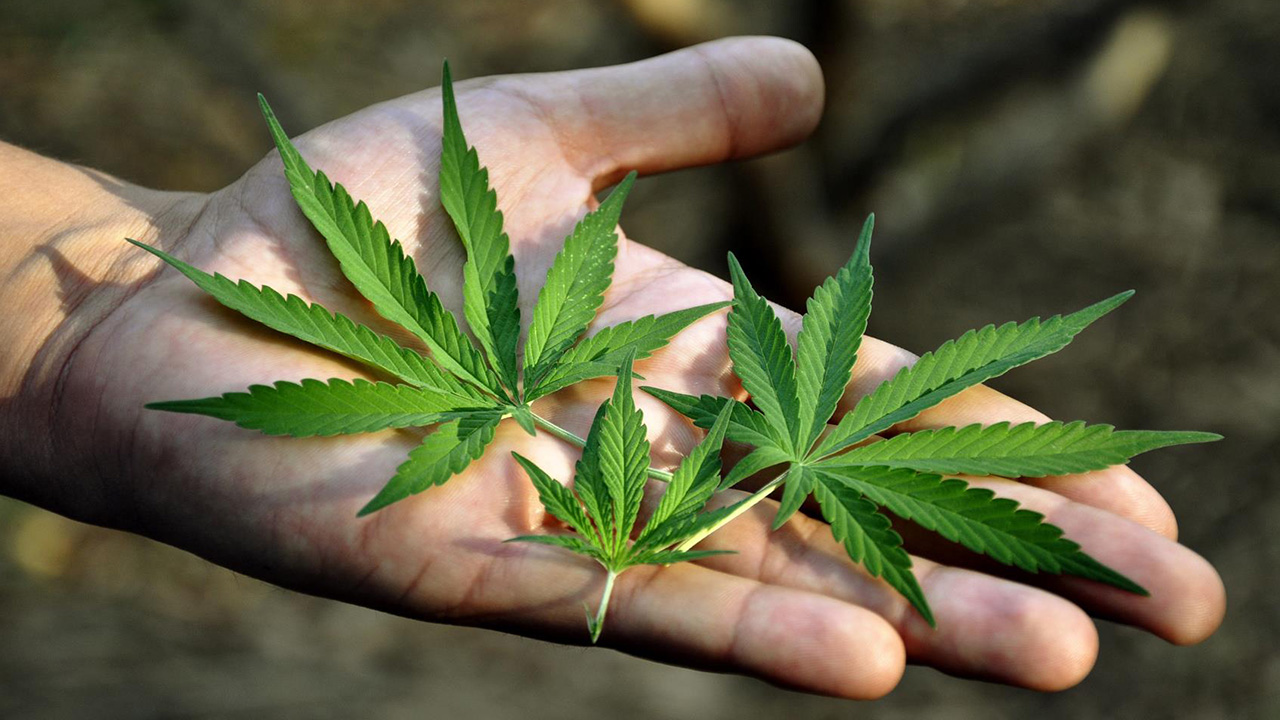The Growing Acceptance of Cannabis across the United States
Over the past decade, attitudes toward marijuana have shifted dramatically in the United States. A majority of Americans now support legalizing cannabis for medical and recreational use according to numerous opinion polls. This change in public sentiment is reflected by legislation passed across the country. Currently, 18 states along with Washington DC have legalized recreational marijuana for adults while 37 states have approved medical marijuana programs. The growing acceptance and legalization of cannabis raises valid questions about the implications for American society.
Access to Medical Marijuana Helps Patients
One of the primary arguments in favor of Legal Marijuana is expanding access to patients who can benefit from medical cannabis. Conditions that legal medical marijuana aims to treat include chronic pain, cancer, epilepsy, PTSD, and multiple sclerosis. While far from a cure-all, many patients report that marijuana provides relief for symptoms or allows them to reduce reliance on addictive opioids. In states with legal medical cannabis, over-prescription of opioids has declined, suggesting marijuana can play a role in the nationwide opioid crisis. With legal protections and dispensaries, more patients are comfortable using marijuana as medicine when recommended by their doctors.
Regulating the Marijuana Market Prevents Abuse
Prohibition of marijuana has failed to curb use and empowered dangerous criminal organizations. By regulating and taxing a legal cannabis industry, harm can be reduced instead of unchecked abuse in the underground market. States that have legalized recreational marijuana establish regulations including age limits, public use restrictions, testing requirements, and sales taxes. A licensed system aims to keep marijuana away from minors and prevent accidental overconsumption. Revenue from marijuana sales taxes provides funding that some states are using for education, infrastructure projects, and substance abuse prevention programs. With legalization comes responsibility, and regulations help address legitimate public health and safety concerns.
Employment Guidelines Prevent Discrimination
As marijuana laws change, companies also face complex issues when it comes to employee drug testing and workplace policies on cannabis use. Some businesses implement blanket restrictions against all marijuana use due to zero-tolerance drug-free workplace requirements from insurance companies. Others are seeking reasonable, science-based policies that prevent impairment without unfairly punishing employees who use cannabis legally and responsibly during non-work hours. There are calls for employment protections similar to rules around alcohol so that legal marijuana consumers are not unduly discriminated against in hiring and promotion decisions. Striking the right balance will likely depend on continued research into detecting recent use and impairment from cannabis.
Research Expands Understanding of Risks and Benefits
While recreational marijuana is now legal in more states than not, there remains an ongoing debate over some health and social risks. Due to its prior illegality, high-quality research on cannabis has been limited until recently. Restrictions are now loosening on cultivating marijuana specifically for government-approved studies. This promises to advance understanding of both the therapeutic possibilities as well as whether long-term, heavy use could be linked to conditions like respiratory illnesses or mental health issues. Ongoing research will also aid in addressing public safety concerns through objective analysis. As the legal marijuana industry grows, focused scientific inquiry becomes more important to inform health policies and educate the public on cannabis consumption.
Looking Ahead – Views Will Continue Evolving
It is clear that laws and attitudes related to marijuana are in flux across much of the country. While usage rates appear unaffected by legal status, perceptions are shifting as more Americans experience the realities of regulated adult-use and medical cannabis programs operating successfully in their states. Over time, this growing familiarity and understanding seems certain to push public opinion and policy further in a direction of greater acceptance and fewer prohibitions. However, full legalization on the federal level still faces political hurdles, and perceptions also differ regionally. The implications of widespread marijuana reform will undoubtedly continue evolving for many years to come, shaping American culture, business, health, and justice systems in numerous complex ways. An open and honest national discussion informed by science remains essential to navigate this ongoing social change.
*Note:
1. Source: Coherent Market Insights, Public sources, Desk research
2. We have leveraged AI tools to mine information and compile it




